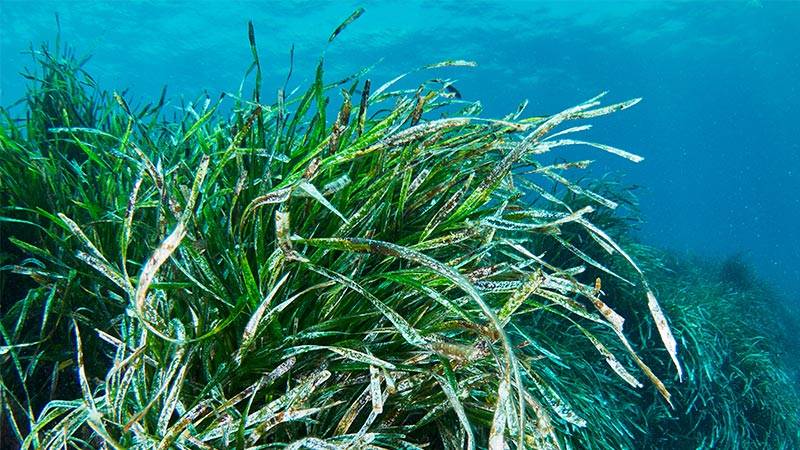In a groundbreaking development, researchers have discovered an innovative method to store carbon dioxide, potentially for thousands of years, preventing its release into the atmosphere and contributing significantly to the reduction of greenhouse gas emissions. This innovative approach to carbon sequestration has been developed by Israel-based climate solutions company, Rewind, led by CEO Ram Amar.
Carbon sequestration traditionally involves capturing carbon from the atmosphere and storing it underground. However, Rewind’s method is inspired by natural processes, utilizing plants and other biomass that have absorbed substantial amounts of carbon and storing them at the bottom of the Black Sea. Plants, especially trees, are renowned for their ability to capture and store carbon dioxide through photosynthesis. When these plants die and decompose, they release the stored carbon back into the atmosphere.
Rewind’s approach aims to maintain the balance of carbon released during decomposition to achieve a net-negative effect of carbon reentering the atmosphere. The company focuses on utilizing existing plant matter, which is not being used or has been burned, and sinking it to the bottom of the Black Sea. The Black Sea has been identified as an ideal location for storing carbon-dense biomass due to its geological shape, which prevents oxygen mixing between top and deeper layers, creating a perfect preservation environment for plants and preventing them from decomposing and releasing carbon dioxide back into the atmosphere.
The Black Sea’s suitability for this innovative carbon storage method was further highlighted by the presence of several wooden shipwrecks at its bottom, preserved for over 2,000 years. The region surrounding the Black Sea, known as the Breadbasket of Europe, produces hundreds of millions of tons of agriculture annually, leaving about a gigaton of residual biomass every year, which, combined with wood products from the region’s forests, can be used for carbon storage.
Rewind takes existing plant matter that has been burned or not being put to good use and ship it out to the coast, sinking it to the bottom of the Black Sea. The Black Sea is “the best place in the world” to store the carbon-dense biomass for several reasons, Amar said. The geological shape of the enclosed sea prevents oxygen from mixing from the top layers, where photosynthesis occurs and where oxygen comes from the air, with the deeper layers.
Before transportation and submersion into the sea, the plants are meticulously tested for their carbon content and checked for harmful chemicals such as fertilizers and pesticides. Woody plants and agricultural leftovers like sunflower stalks are deemed ideal for this process due to their rapid carbon capture and stability in water.
Amar and his team project that, if scaled up, this method could remove 1 billion tonnes of carbon dioxide from the atmosphere annually. In 2022, global carbon dioxide emissions were approximately 36.6 billion tons. The United Nations’ Intergovernmental Panel on Climate Change (IPCC) has emphasized the critical role of carbon removal in climate change mitigation, with a goal of removing 10 billion tonnes of carbon per year to achieve urgent net-zero goals.
While carbon capture is a promising solution for climate mitigation, it faces challenges, including the energy required to filter CO2 from the air and the costs associated with infrastructure and operations. According to ABC News, the U.S. Department of Energy has committed substantial funding to projects dedicated to direct air capture and the development of storage technologies and infrastructure at major industrial sources of carbon dioxide.
Rewind’s innovative approach to carbon storage represents a significant advancement in the fight against climate change, offering a sustainable and efficient solution to reduce greenhouse gas emissions and mitigate their impact on the environment.
More inspiring green news similar to this:


